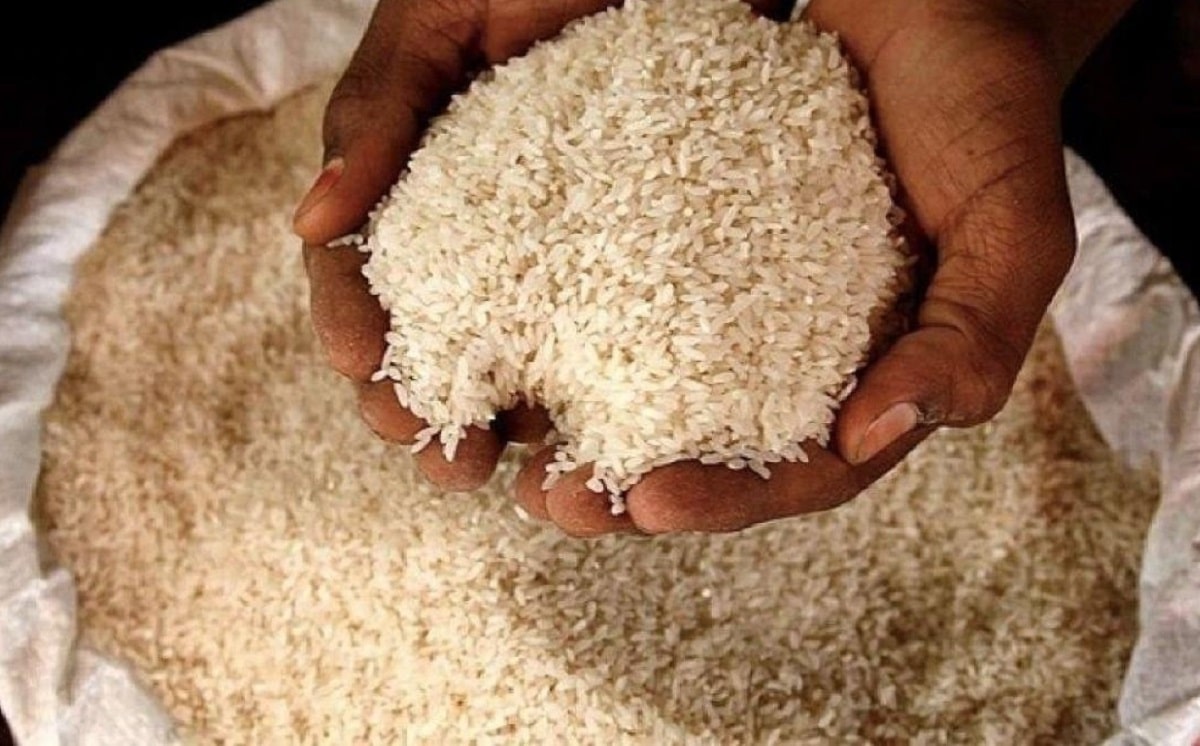India announced a ban on export of non-basmati rice in a bid to control its domestic prices.
Analysts, however, said the move could trigger fears of further inflation on global food markets, as the South Asian country accounts for roughly half of the shipments of global exports of the grain.
Saudi Arabia and the UAE are among the countries in the Middle East to which India exports non-basmati rice.
India rice ban
The India government halted overseas sales of the grain with immediate effect, according to a notification by the country’s Directorate General of Foreign Trade, Reuters reported.
The government said it was imposing a ban on non-basmati white rice after retail rice prices climbed three per cent in a month after late but heavy monsoon rains caused significant damage to crops.
India accounts for more than 40 percent of world rice exports, and low inventories with other exporters mean any cut in shipments could inflate food prices already driven up by Russia’s invasion of Ukraine last year and erratic weather.
B.V. Krishna Rao, president of the Rice Exporters Association, told reporters: “India would disrupt the global rice market with far greater velocity than Ukraine did in the wheat market with Russia’s invasion”.
Rice is a staple for more than 3bn people, and nearly 90 per cent of the water-intensive crop is produced in Asia, where the El Niño weather pattern usually brings lower rainfall.
Global prices are already hovering at their highest level in 11 years.







